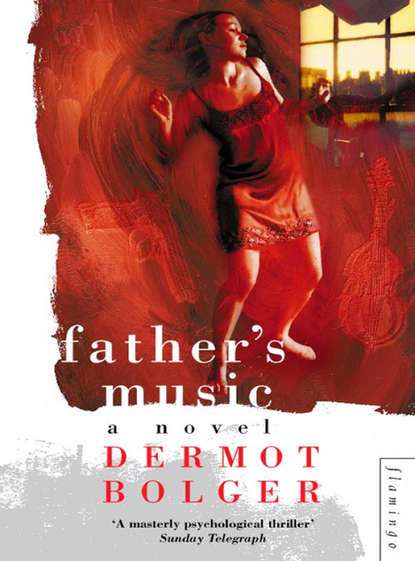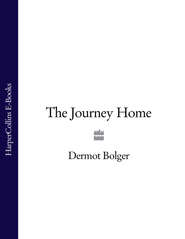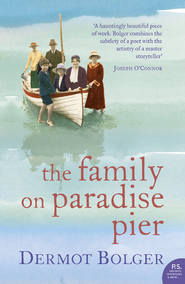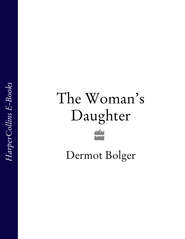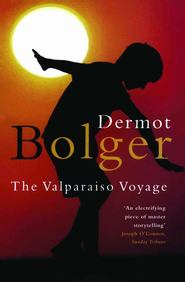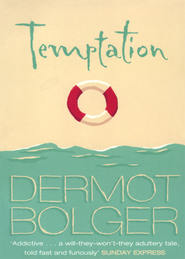По всем вопросам обращайтесь на: info@litportal.ru
(©) 2003-2024.
✖
Father’s Music
Автор
Год написания книги
2018
Настройки чтения
Размер шрифта
Высота строк
Поля
‘Don’t be frightened,’ Luke said.
‘I’m not frightened of anyone.’
‘We were both very drunk,’ he went on. ‘I’m afraid I don’t even know your name.’
‘I know yours,’ I said. ‘The Duggans are famous.’
He relit his cigar, tipping away dead ash. ‘An anonymous fucking hotel,’ he said, with quiet resignation. ‘You’d think at least here I might be known for myself.’
‘That’s the problem with infidelity, things always come out.’ My defensive mockery was replaced by a relaxed teasing. ‘All your family are the same, I hear. Cut-throats, with more nicknames than convictions.’
‘We specialise in the white slave trade,’ he replied, straight-faced.
‘Drugged virgins shipped off in crates of wall tiles.’
‘You’re in luck,’ he said. ‘There’s an EC moratorium on virgins so we’re branching into more experienced types.’
His assertiveness was gone, but a sardonic watchfulness remained. I was surprised by how attracted I felt to him as we toyed with each other. It felt like foreplay, except that I was never going to enter the room. Even when he smiled I sensed his sombreness. The image of him dead in that chair had a prophetic feel. I wondered if I had been an assassin would Luke have greeted me with the same resigned shrug? Yet he gave no impression of being anything other than a small-time businessman. He even seemed to delight in shrinking his world down to two stores in rundown London suburbs. I remembered how he stood out from his family that first time we’d met.
‘I want to show you something,’ he said.
‘What?’
He arose without replying. We walked downstairs. The receptionist was the same age as myself. She lifted her gaze from a magazine to scrutinise us, trying to make Luke feel older.
‘She’s my daughter,’ Luke said, deadpan, returning the key. ‘I can never deflate those dolls by myself.’
We reached the street before starting to laugh. Inside his car I asked him to play the tape he had been listening to.
‘You won’t like it,’ he said.
‘Try me.’
It was Irish fiddle music from somewhere called Sliabh Luachra, recorded live with bodies moving about and background coughing. Luke had taped it off an Irish radio programme.
‘What do the names mean?’ I asked. ‘The Rambling Pitchfork or Boil the Breakfast. They don’t make sense.’
He glanced across, surprised at my knowledge. ‘Why should they? Names aren’t important. A tune might start in one county and if a travelling fiddler liked it, he’d carry it home with a different name. Only the notes counts.’
‘Why do they all sound the same?’
‘They don’t,’ Luke said. ‘Listen.’ He spoke quietly, showing where each tune slipped effortlessly into the next reel in the set. His enthusiasm made him seem boyish. Yet his suit gave the impression of someone impersonating a Bulgarian trade diplomat. I told him so and he laughed, claiming most people never saw beyond an expensive suit. It was a good way to remain invisible.
‘Why do you want to be invisible?’.
‘I’m a private man,’ he said.
‘Enjoying your secrets.’
‘Contradictions,’ he replied. ‘Secrets are dangerous, they self-destruct. Contradictions are different. We’re born under the sign of contradiction. Without them we’d still live in the trees.’
‘Which am I?’
He looked across and raised the tape. ‘You’re a bonus,’ he said.
‘Luke, you’re full of shit.’ I laughed and he joined in, savouring the joke against himself. I didn’t want to talk anymore, I wanted to hear that music. Previously I’d only ever heard snatches, but now it filled me with curious elation. It was seductive. I wondered at how my father’s playing had once lured my mother to swap Harrow for the wilderness of Donegal.
I almost told Luke about my father, then remembered his remarks about travellers. I felt a flush of shame not even Gran might have fully understood. For her the problem with my father had been a matter of class, but with Luke it was a matter of caste. Suddenly I felt like an untouchable, an Irish tinker’s child.
‘You’re quiet,’ Luke said, watching me. I wanted to strip away that expensive suit and drag him down a peg.
‘Your type don’t normally like this music.’
‘Who are my type?’ he replied coolly.
‘People from the slums of Dublin.’
‘I was born in no slum,’ he said. ‘Is that what you’re after? A bit of rough trade, some peasant Paddy to fuck?’
He seemed about to stop the car, then changed gear and put his foot down.
‘I didn’t mean to insult …’
‘You did,’ he said, taking a corner at speed before slowing down, his voice more controlled. ‘People put you in your box and never let you out. That’s why I left Ireland.’
‘Is London any freer?’
‘It’s different at least. You’re just another thick Mick to be patronised.’
The tape ended. He turned it over. There was a hiss before music filled the car again.
‘What are you after?’ Luke said.
‘I don’t know. I wanted to see who you were. I’m not some … I’m not a tart.’
‘I know.’
I stared at the passing streets. It might have been better if he had stopped the car and let me out. This evening we were sober and aware of the void between us.
‘What are you looking for?’ I turned the tables.
‘I don’t know either.’ I felt he was being painfully honest. ‘Every morning I brush my teeth but the staleness won’t go. I get on with life but it’s not me in this suit. I’ve made myself numb so as not to feel this ache.’
‘Why don’t you leave?’
‘Running away solves nothing,’ he said. ‘It still leaves tomorrow to face.’
‘Is your brother a master criminal?’ I asked.





